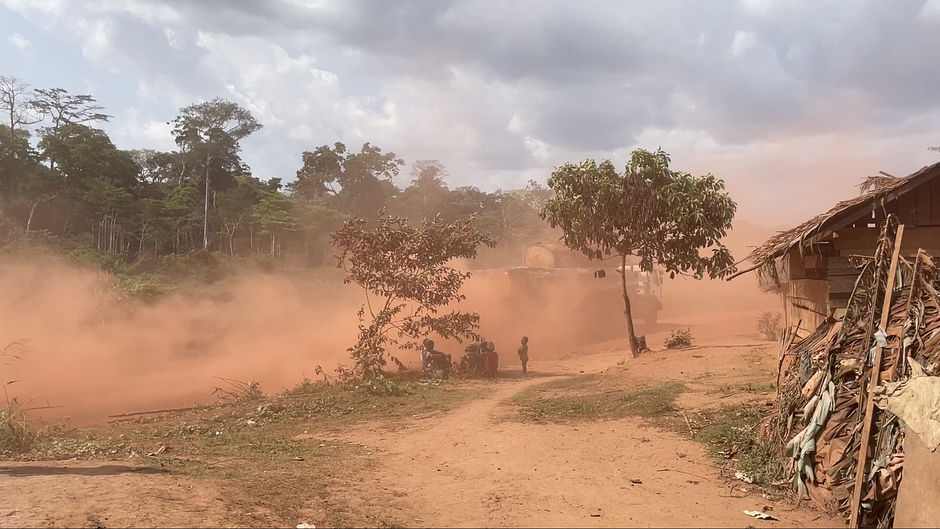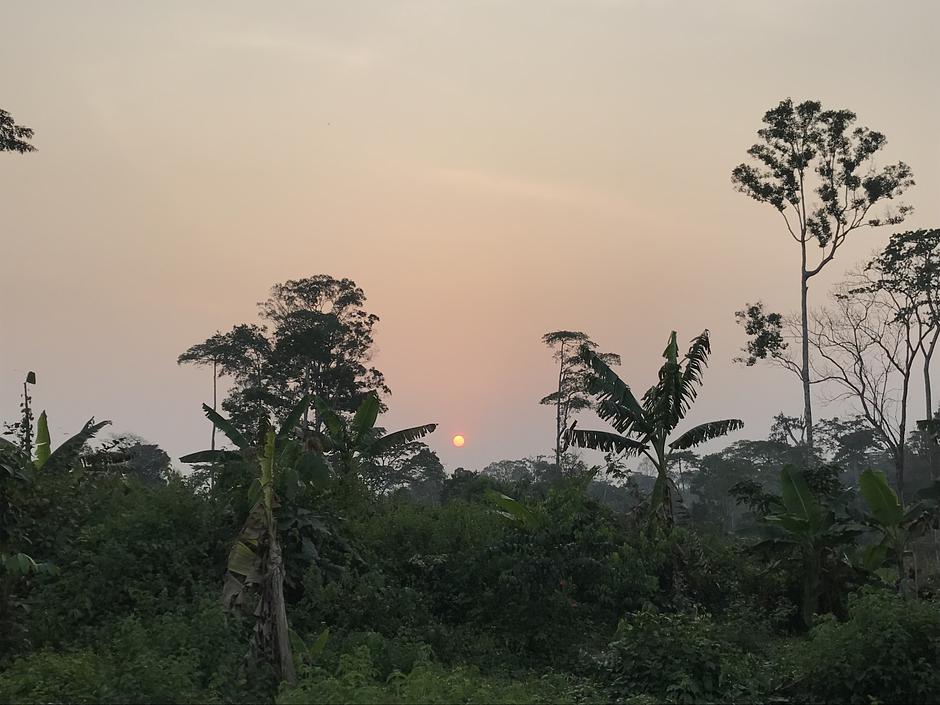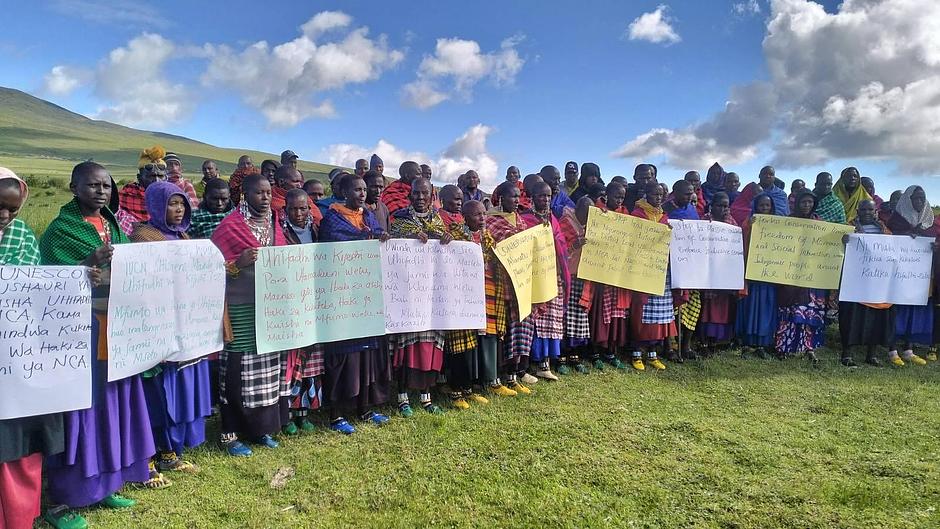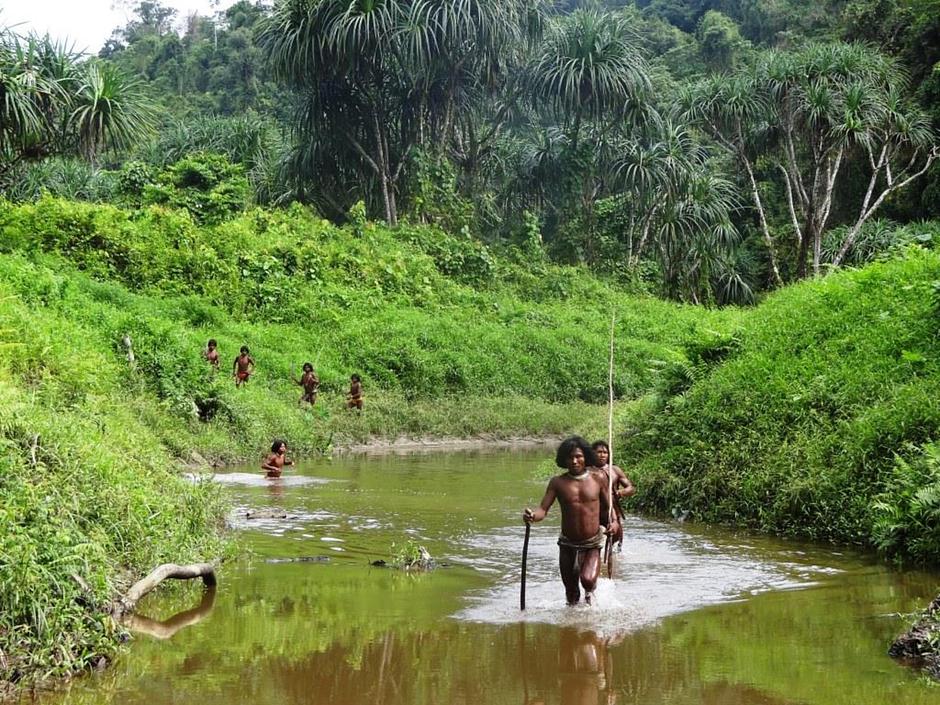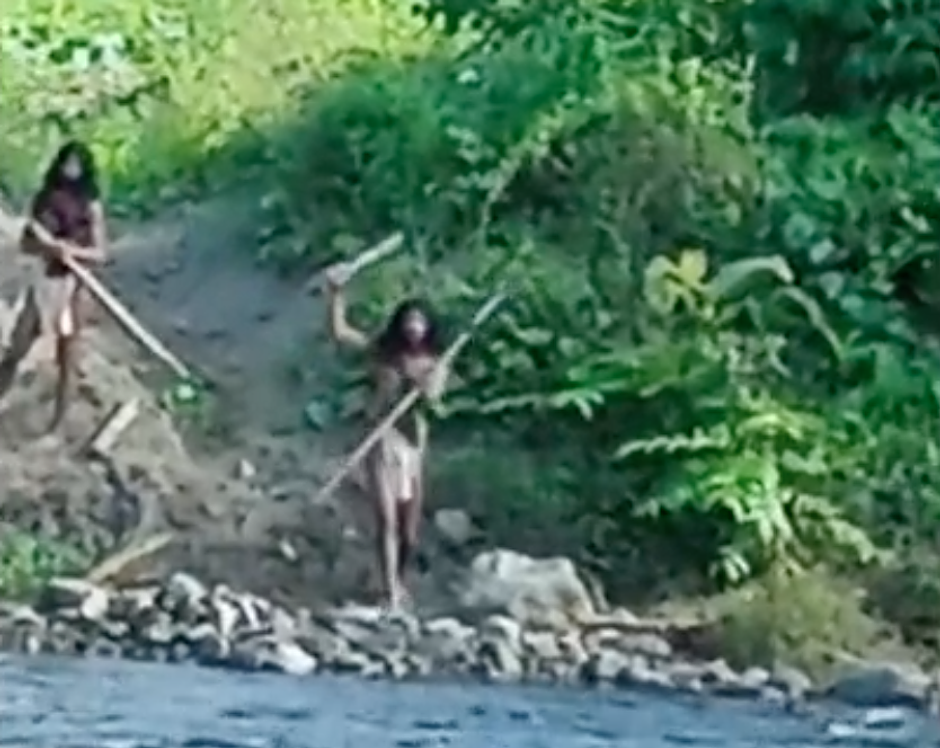Michael Dingake: a unique perspective
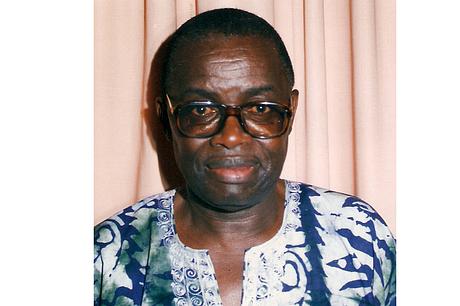
Michael Dingake was born in present-day Botswana, but became an activist for the African National Congress (ANC) in South Africa. In 1965 he was arrested, tortured, and then imprisoned on Robben Island alongside Nelson Mandela. He was released in 1981 and in 1987 published his autobiography, ‘My Fight against Apartheid.’
 © Michael Dingake/Survival
© Michael Dingake/Survival
An ANC profile says, ‘Dingake saw himself first and foremost as an African, duty-bound to fight for the liberation of Africans on their continent.’
Dingake is a long-standing columnist for Botswana’s Mmegi newspaper, where he has regularly written about the plight of the Bushmen, or Basarwa as they are called there.
Survival asked him for his views on the Bushmen’s plight:
First, please tell us briefly about your involvement in the anti-apartheid struggle.
I got involved in the anti-apartheid struggle by joining the ANC-led Defiance Campaign of unjust laws in 1952. Though born in Bechuanaland Protectorate [now Botswana], Batswana [people from Botswana] depended on the then Union of South Africa for education in the mission schools available in the Union; South Africa also offered employment opportunities for Batswana, in the mines, farms, private homes, and the booming post-war manufacturing industries.
One of the ‘Unjust Laws’ was the pass laws, which made black Africans virtual slaves in their own country. Africans were harassed wherever they were, in the streets, work places, their homes and were under permanent curfew from 11pm – they were not to be in the business districts or white residential areas after that hour! Africans had no voice in the affairs of the country as they had no vote. The white parliament made all the laws, which the ‘natives’ had to live under and obey without question.
The ANC was banned in 1960, but decided to defy the ban by operating underground. With the passion I had against white supremacy I followed the ANC underground, and went into hiding to serve in the collective that led the ANC underground. Five years after the ban I was redeployed to operate in Botswana. The surveillance of the South African security followed me to Botswana and on December 1965 their Rhodesian [now Zimbabwe] agents intercepted me on a train on my way to Lusaka for an ANC meeting.
I was detained under emergency regulations and after 30 days in Khami prison near Bulawayo, I was illegally ‘deported’ to South Africa where I was severely tortured, and finally charged and prosecuted for sabotage and involvement in activities of banned organizations in the Republic of South Africa.
My plea that I had been illegally arrested fell on deaf ears and Justice Viljoen sentenced me to 15 years which I served to the last day (6 May 1966 to 5 May 1981, no remission!) On release I was expatriated to Botswana.
When did you first become aware of the discrimination against Basarwa in Botswana?
In my early childhood, before I migrated to South Africa. Basarwa were treated as sub-humans by other Batswana in Bechuanaland. They were generally discriminated against and looked down upon. Children grew in an environment where Basarwa were despised and regarded as different species. They did the menial jobs, mainly herding cattle for other Batswana at the cattle-posts. My father also had a cattle-post with Basarwa looking after his cattle, but my father treated them as humans and taught me to respect them. The enslavement of Basarwa to a large extent made them submissive to Batswana folks. Physically oppressed for generations, Basarwa became mentally submissive and assimilated. The unassimilated withdrew to remote areas where they believed they would be left alone.
Why do you think the government treats the Basarwa in this way?
I think the government treats Basarwa as they do because they know they are few and without a voice in government institutions. Some Batswana continue to look down on Basarwa and are un-sympathetic to their mistreatment. Since they don’t know how they are discriminated against, Basarwa may not have heard of Survival International and Basarwa lawyers like [Gordon] Bennett who have taken the cudgels on their behalf.
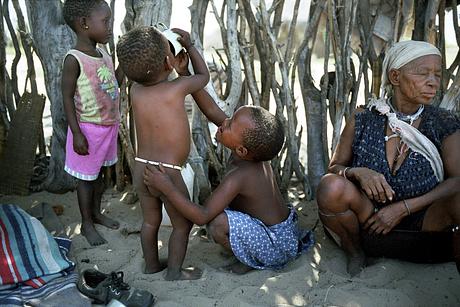 © Dominick Tyler
© Dominick Tyler
What is your message to the government about the Basarwa?
Stop harassing Basarwa; treat them with respect; consult them on whatever you wish to do for them; do things that impact on their lives together with them; don’t impose anything on them, they know what is good for themselves and they don’t have ill will towards other Batswana in the country.
What changes, if any, have you seen during the last 20 years in the way in which the public and media in Botswana regard Basarwa?
Changes are there, though they may not be conspicuous. The media consistently reports on events that have to do with Basarwa. This is encouraging. An organization known as Reteng which fights for the rights of minority groups in Botswana has Basarwa as members. This shows there are some positive developments. But one would have expected the organization Reteng to be actively conducting campaigns to seek redress for Basarwa in particular on the issue of removals.
How do you think the people of Botswana should support the Basarwa?
People of Botswana are lucky to have a dedicated organization like Survival International fighting on the side of Basarwa and by implication on behalf of them (Batswana) since this issue should be their concern in the first place. Batswana need to familiarize themselves more with the lives and political concerns of Basarwa in order to agitate for their full rights. I want to suggest that perhaps Reteng and Survival should link up to work together since the two have similar concerns about the group.
What role do you think the international community can play?
The international community can play a major role on the Basarwa issue through diplomatic contacts. Foreign envoys should visit Basarwa areas to talk to Basarwa, hear their concerns, see how they survive and take their grievances up with the stubborn government of the Botswana Democratic Party (BDP). Some years back we had a British High Commissioner who did precisely that and I don’t know whether that might have been the reason why his term was cut short!
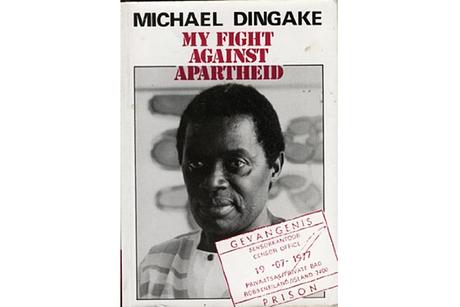 © Michael Dingake/Survival
© Michael Dingake/Survival
Do you think that boycotts can send a message similar to the sanctions against the apartheid regime in South Africa?
Boycott is a two-edged sword, it impacts on the economy and thus on the innocents; the callous men and women who run the show don’t feel it and the companies on which effective boycott relies are slow to throw their weight behind the campaign; they may waver due to the misinformation and propaganda from the government side which may overwhelm the publicity of the campaigners. Assuming the boycott campaign catches fire and becomes talk of Batswana, the local and international media, it would be great. This is not to say it is useless, it means the boycott impact, besides being two-edged is slow, painstaking and requires time, systematic agitation and calls for patience!
The shortest route I believe in, is regime change. It could happen under a year at general elections next year for instance! Opposition parties won’t need outsiders to tell them Basarwa are harassed and oppressed! They know and itch to do something the moment in office.
Why do you think the government evicted the Basarwa from the Central Kalahari Game Reserve (CKGR)?
Obviously for diamond mining!
Why do you think the government has deliberately interpreted the 2006 High Court ruling so narrowly?
To keep pressure on the CKGR residents to leave the area ‘voluntarily.’ The government feels bound by the legality of the ruling, but not the morality of the judgment. The government can’t hide its callousness, nor its determination to win in the end!
The government has not issued a single SGL (Special Game License) in the CKGR, despite the 2006 High Court ruling which recognised the CKGR Basarwa’s right to hunt. How do you think the effective blanket ban by the government will affect Basarwa?
The ban on hunting is also a form of pressure on Basarwa to get out of the CKGR. Without hunting, Basarwa are literally being starved to surrender. Under the circumstances Basarwa will be driven to poaching and into the torturous hands of Wildlife officers who delight in mistreating Basarwa.
What do you think the real impact of hunting is in the CKGR?
Minimal. Basarwa have lived in the CKGR for ages and they have not wiped out the animals. They know better how to preserve the animals, that is what they have done over the ages and don’t need anyone to lecture them on wildlife conservation.
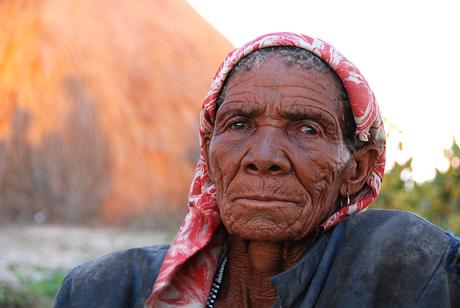
The permit system imposed by the government (in which Basarwa who were not applicants in the 2006 High Court but have the same constitutional right to live in the CKGR have to apply for one month permits to visit their homes and families) has been likened to the pass laws of the apartheid regime in South Africa, because both tear families apart. Do you see any comparisons between the two?
Yes, the permit system Basarwa are subjected to can be likened to the pass law system. Under the pass laws, Natives/Bantu had to carry this pass document wherever they went. The police could stop you anywhere, anytime to demand your pass. The pass had to show where you worked and indicate whether you had permission to work where you worked. It had to show where you originated from, whether you were looking for work and whether you had permission to seek employment where you were found. If you were a visitor in the urban area the pass had to indicate the validity of your visit and the length of the visit. The document had to be in order when demanded by the police, otherwise you were locked up in jail! The pass laws denied the pass carriers freedom of movement! The permit system serves the same purpose, to separate families, relatives and friends.
Why should people care about what happens to the Basarwa?
People ought to care what happens to Basarwa; we are supposed to live in a democratic country where there is freedom of movement, freedom of assembly, freedom of speech, freedom of the press and so on. We have the constitution that proclaims these rights, so as a country we should be concerned if these rights are denied any section of our people.
Internationally we are bound by the United Nations Universal Declaration of Human Rights. We live in a global village. An injury to one is an injury to all!
What do you think will be the future for Basarwa in Botswana?
Eventually Basarwa will be free from the persecution they live under currently. Either the BDP government will relent on their discriminatory policies against Basarwa or a new government in the near future will be in power to rescue Basarwa from their oppression. No other party believes in discrimination against Basarwa except the Botswana Democratic Party!
Michael Dingake’s articles on the Bushmen:
- ‘Basarwa persecution may come back to haunt us’ (August 8, 2013)
- ‘The government has an egg on its face’ (February 1, 2011)


